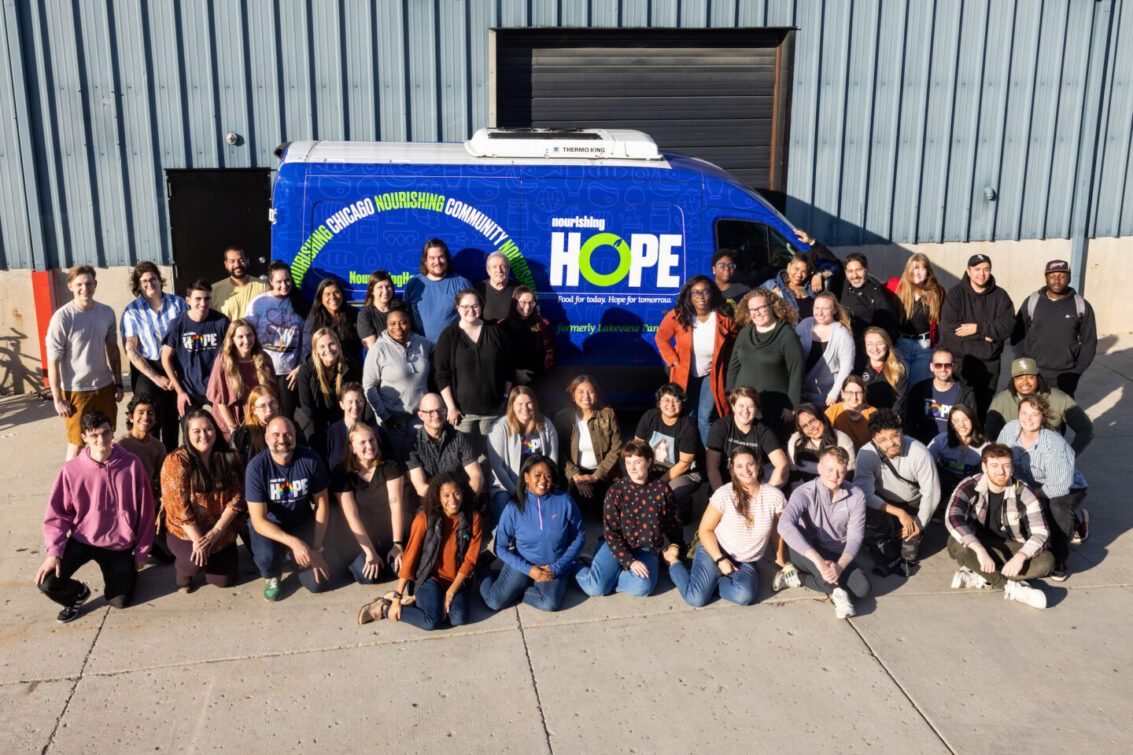Something is getting worse in the brand world
Words cost a lot for a company to maintain. Choose yours carefully.

Words have largely lost meaning. And because words are everywhere, the problem is getting worse.
But rather than being aware and cautious about the over-use of words; the overwhelming trend these days is for people to use more and more useless and meaningless words.
We're often presented with mission and vision statements, brand manifestos, lists of company values, positioning statements etc etc; all beautifully crafted with lovely sounding, meaningless words that have absolutely zero effect on the lived experience of the brand that they were lovingly crafted to guide.
Everyone knows that these things are meaningless, and yet everyone carries on wasting time and effort in creating them. Why?
Further to this - as Prof Tim Calkins of the Kellogg School of Management points out - increasing numbers of nonprofit brands (who literally cannot afford to waste money in building meaning around abstract concepts) are moving away from being clear in their value offering in favour of going the fluffy, bullshit route preferred by much bigger brands with loads of money to burn.
'In recent years, a series of not-for-profits have rebranded to general, inspirational names. Here are a few examples:
-The Lakeview Pantry, a food pantry in the Lakeview neighborhood of Chicago, is now Nourishing Hope.
-Teen Living Programs, an organization that helps young people find long-term housing, became Ignite.
-Chicago Children’s Choir rebranded to Uniting Voices.
-Just recently, the Juvenile Diabetes Research Foundation became Breakthrough T1D.
-In June, the French Institute Alliance Francaise, a New York organization dedicated to teaching French and promoting French culture, rebranded to L’Alliance.'
The problem?
The growing problem that Prof Calkins has identified is that building meaning into fluffy words takes a lot of money and time. If you are Nike, or Apple or Google you've got the money to burn to embed some kind of meaning into these, otherwise meaningless, words. Nonprofits can't afford to do this - so at all costs should avoid replicating the examples set by monster outliers.
But the same goes for all words that get selected to do work.
If vague concepts are selected, it takes more work and money to land the intended meaning in the minds of an audience. So if you can't afford to hold the attention of your audience with let's say a Superbowl ad - then be sure to use as few words as possible, because people are busy and don't have time to listen to your imagination at play.
Strategy should focus on just one (at a push, two) clear opportunity.
Values (there is debate in our mind as to what real role they even play) should be distinctive and used as a tool to guide behaviour; or not exist at all.
Mission and vision statements (if you honestly and truly believe that they have any kind of practical value) should be awkwardly short and to the point, otherwise they are not worth the productive time it takes to find them when an external consultant asks what they are, because frankly nobody can remember the nonsense that was created 'that one time when'.
Words cost a lot for a company to maintain. Choose yours carefully. Cut out any that cause distraction and avoid the temptation to add descriptors or open-ended ideas just because you think that the business needs looser guardrails.
Related:



